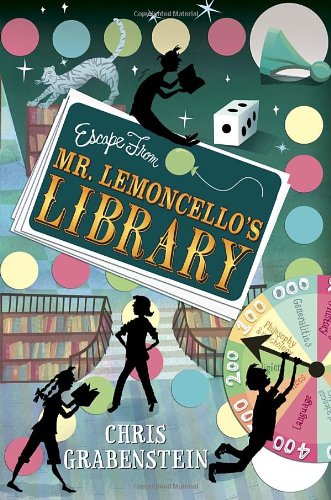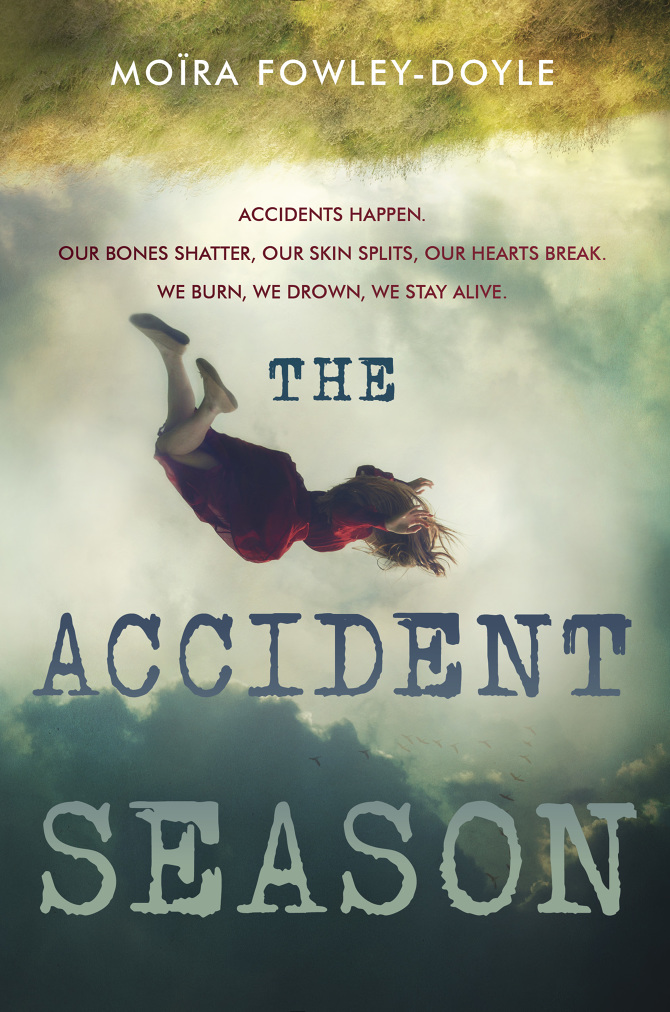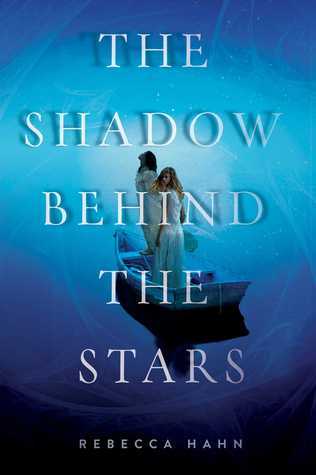[button color=”black” size=”big” link=”http://affiliates.abebooks.com/c/99844/77798/2029?u=http%3A%2F%2Fwww.abebooks.com%2Fservlet%2FSearchResults%3Fisbn%3D9780689300424″ target=”blank” ]Purchase here[/button]
The 1965 Newbery Medal went to this very deserving book about a youngster in Spain who is being groomed to fight a bull. Everyone in the Andalusian town of Arcangel knows that Manolo will soon be ready to follow in the footsteps of his father: the late, great matador Juan Olivar.
Only Manolo isn’t sure. He fears the danger, the oh-so-deadly danger of facing a thousand pounds of angry bull, complete with horns. Almost more than being wounded or killed, he dreads having to kill the animal. And most of all, he is afraid of his own cowardice. He is afraid that, by being unable to stand his ground before a charging bull, he will bring shame to his mother, to his town, and to the six aficionados who have taken him under their wing.
As time presses on toward Manolo’s date with his first bull, the suspense in this story builds to almost unbelievable levels. I wept over the boy’s four-paragraph prayer to La Macarena, the patron saint of bullfighters, the night before his fated appointment with beef on the hoof. The outcome could be tragic. Or it could be the kind of story where the kid finds it in himself to be a great matador after all. But what it actually is, is more interesting.
If someone were to write a book about bullfighting today, it would probably be a very judgmental book, condemning an institution that combined cruelty to animals with a reckless attitude toward human life. Or perhaps it would be a damning indictment of machismo in its most extreme form. But in 1965 it was still possible to look on this sport, this art form, this demonstration of skill and grace and courage, and appreciate its meaning and its beauty – while also counting its cost. Anyone who reads this book will come away indebted to its author for her balanced, unjudgmental approach, for educating us about a complex and captivating subject, and for bringing a dying culture so vividly to life once more. If such a beautiful story could take place in it, the world of the bullfight is worth getting to know.
By the way, I just looked up Maia W.’s 2002 obituary in the New York Times. What an amazing life! She actually, personally, killed a bull in a ring! Author, tennis pro, private detective, publisher, publicist, and Radio Free Europe translator… Wow!




